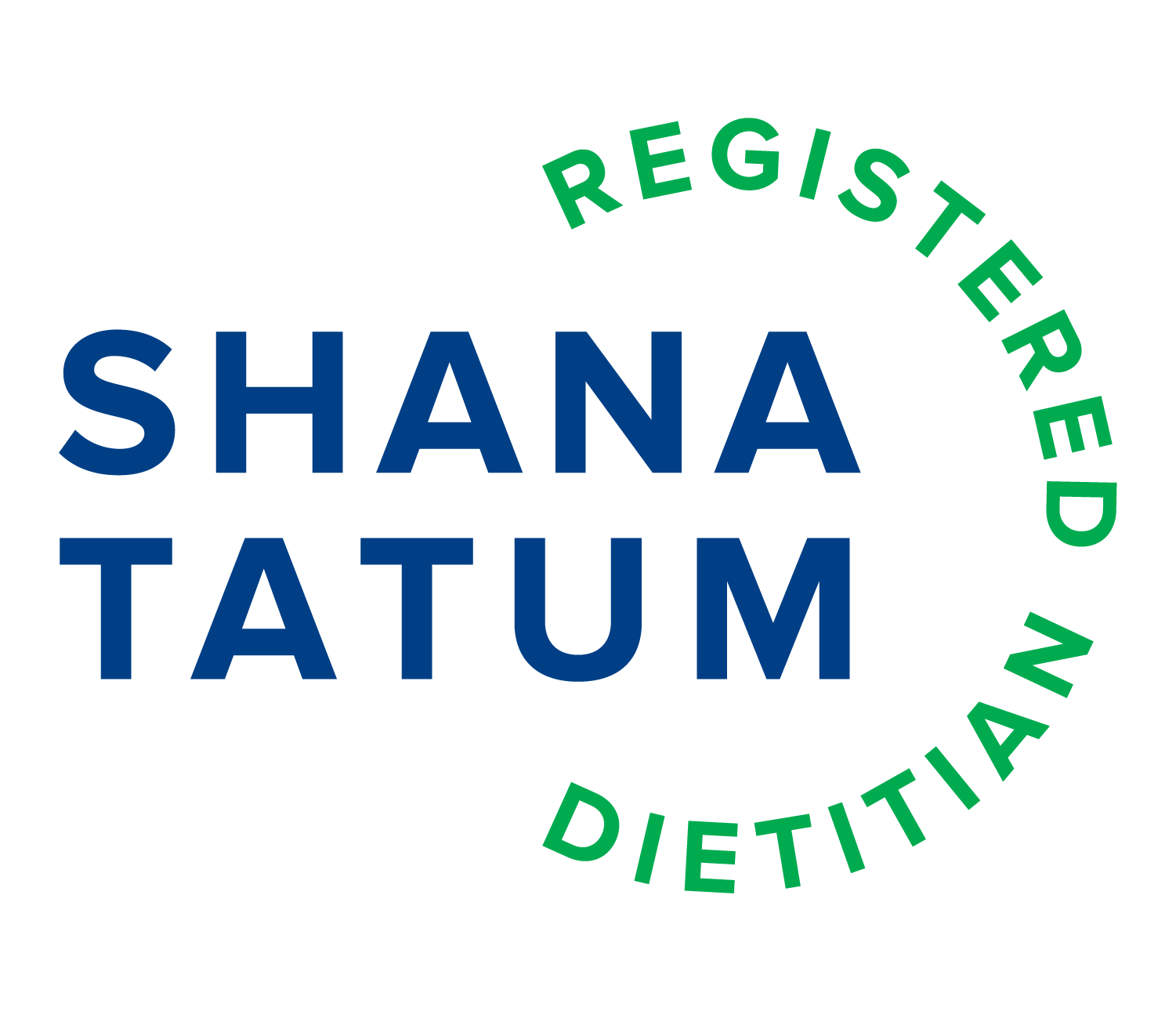Does Nutrition affect Oral Health?
Every Bite Counts
As a registered dietitian, digestion is always at the root of my work. I am consistently amazed at the body’s ability to take in food and convert it to the basic units of energy that fuel and power us. As a refresher, the gastrointestinal tract or GI tract is a long hollow tube that begins with the mouth, includes the esophagus, stomach, small intestines, large intestines and the anus. The liver, pancreas ,and gallbladder are the associated organs to the digestive system. All points along the way have a significant role to play, but today’s article highlights the importance at the start of the tube and the health of our mouth.
The oral cavity is home to over 700 species of micro-organisms. It has been studied that bacteria in the mouth serve to seed and influence the bacterial colonization in the gut. Up to 45% of the bacteria in the mouth and intestines are shared species. If the oral microbiome is imbalanced, meaning less “good” and more “bad” bacteria, likely a similar dysbiosis will present in the gut. Inflammatory bowel disease is one such condition that is strongly linked with periodontal disease. Higher populations of “bad” bacteria have been seen in patients with untreated oral inflammation and gum disease. A diet rich in non-starchy vegetables, low sugar fruits and reduced pro-inflammatory omega 6 fatty acids can be a good way to support better oral health.
There is increasing evidence that links many chronic diseases to the health of the mouth. Conditions such as obesity, PCOS, type 2 diabetes, irritable bowel syndrome, rheumatoid arthritis, Alzheimer’s disease as well as anxiety and depression all have a connection to an imbalance of microorganisms in both the mouth and the intestines. Most notable is cardiovascular disease. Markers of systemic inflammation are often seen in patients with poor dental hygiene. Low levels of nitric oxide, a key molecule for heart health, have been shown to correlate with heart disease and an increase in blood pressure. Nitrate reducing bacteria living in the mouth contribute up to 25% of the body’s nitric oxide. Antiseptic mouth wash has been shown to disrupt this conversion. Avoid mouthwash with chlorhexidine. This has been shown to reduce 90% of the nitrate reducing bacteria in the mouth affecting heart health and blood pressure. Instead, choose other polyherbal washes such as those containing neem, cinnamon, aloe vera or tea tree oil.
So what are some steps you can take in addition to brushing and flossing?
Consume probiotics. Probiotics such as the Lactobacillus species (L. paracasei, L. salivarius, L. plantarum) can inhibit pathogenic organisms that create periodontal disease and cavities. These probiotics can be found in cultured dairy foods like yogurt and kefir or cultured vegetables such as kimchi and sauerkraut. Added benefits of cultured dairy is the mineralization supplied with calcium. You may also consider a probiotic toothpaste or oral rinse to increase your diversity.
Add more greens. In season now, greens such as kale, spinach, collard and turnip greens offer important vitamins and minerals . Cabbage, celery and broccoli have been shown to support positive nitric oxide production and thereby supporting a healthy oral microbiome. Green tea can also be supportive contributing polyphenol power.
Reduce sugar intake. Most everyone knows it contributes to cavities, but it also changes the pH balance in the mouth making some beneficial bacteria populations decline. When a drop in pH goes below 5.5, there is more loss of mineral structure on the tooth’s surface. This produces decay. When your cravings send you for something sweet, choose low sugar fruits such as blueberries and strawberries rich in polyphenols and antioxidants. Or, include xylitol chewing gum if you can tolerate sugar alcohols. This sweetener has been shown to increase saliva and kill the bacteria that cause tooth decay
Stay hydrated. Saliva’s main ingredient is water, 99% in fact. Ideal levels of water in saliva help neutralize the acids produced by bacteria. Dehydration and dry mouth can reduce the effectiveness of saliva. This important liquid is composed of antimicrobials, enzymes and mucus to help digestion and the body makes somewhere between two and four pints per day. Aim to drink half your body weight in ounces each day. For example, if you weigh 170 pounds, drink 85 ounces per day.
The health of the mouth and the oral microbiome depend on many things. Including diversity of microorganism species and knowing your risks for disease and the relation to oral health are two good steps. Using food as medicine by incorporating targeted foods in the diet will support better health and a maintain a strong oral microbiome.
